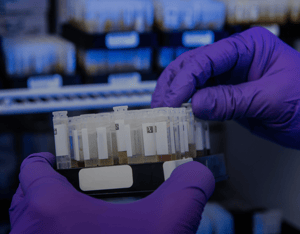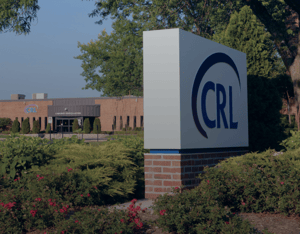Epigenetic testing is a critical part of CRL’s approach to innovative science. Read below to learn about how epigenetic testing can contribute to more informed life insurance underwriting. At the end of the article is a short survey requesting client feedback to advise epigenetic research at CRL in 2020.
Epigenetics has become a prominent topic among life insurance companies. The emerging science of epigenetics describes how lifestyle (e.g. smoking, drinking, exercise) and environment influence gene expression over time. Although our genetic blueprint itself is fixed, measurable epigenetic changes affect the expression of those genes and have significant impact on our health and well-being.
Whether epigenetic testing is a genetic test and subject to the regulations surrounding the use of genetics for health insurance underwriting is under debate. The Greek word “epi” translates to “above” or “on top of,” meaning these are external modifications that sit on top of the DNA. They are not DNA sequences themselves; rather, they are chemical tags that influence how genes are turned on or off.
An epigenetic pattern can act as a footprint for detecting behaviors based on changes in these chemical tags. Early studies have shown that epigenetic patterns change with mortality risk, aging, smoking behavior (including current use, past use, pack-year history), and alcohol use. Each of these associations is based on a unique combination of epigenetic sites, and exactly how strong and reliable these associations are is actively being researched.
The CRL team has investigated epigenetic tests from leading providers over the past year. As we define future studies, we are interested in our clients’ feedback on epigenetic testing, applications of such, and potential pilot studies. Using this information, we will tailor additional studies and present summary data to clients to help them make informed decisions regarding epigenetic testing.
Please help us (and yourselves) by participating in the Epigenetic Survey linked here.
About the Author
Dr. Fehling has been with CRL since 2008 and is a certified High Complexity Laboratory Director by the American Board of Bioanalysis (ABB). Dr. Fehling serves as the Laboratory Director for CRL’s Molecular Diagnostics/Esoteric Laboratory. More broadly, Dr. Fehling provides scientific leadership across all business units at CRL with her extensive experience in laboratory management, new assay development, and business development.






